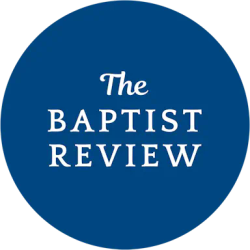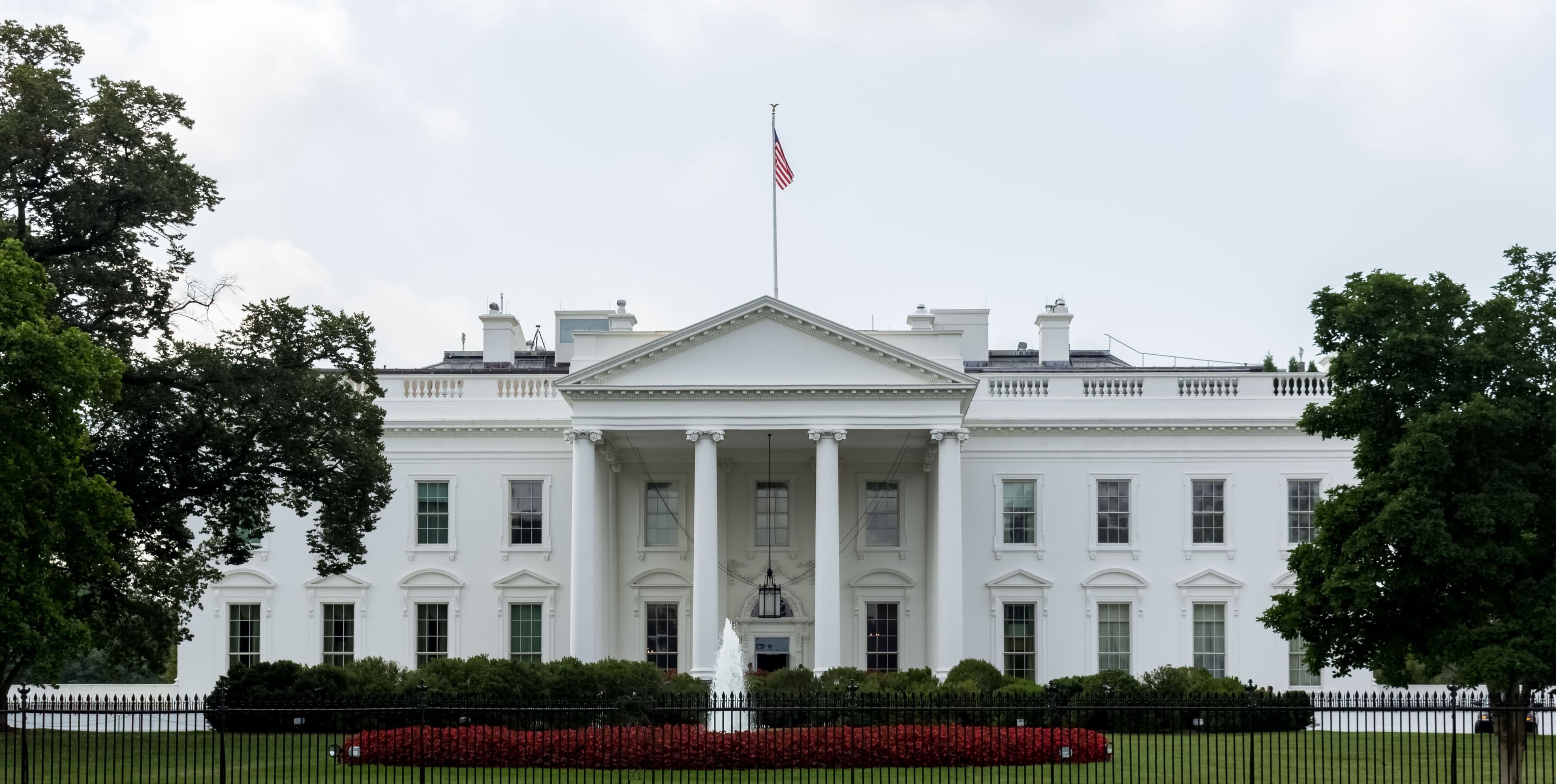I was a college freshman at a state university when the world changed in the fall of 2001. I remember returning to my 8 a.m. U.S. History class on the morning of Wednesday, September 12, fully expecting to have some discussion with our professor about the historically significant things that transpired the day before. Instead, we got a long lecture about the expedition of Lewis and Clark with nary a mention about the World Trade Center, the Pentagon, or the conflict our country was facing.
I have often wondered why my professor was silent on this topic. Perhaps he thought that it would put him behind in his class schedule. Perhaps he was worried that the conversation would get too heated or too political. Maybe he was told by the university administration not to address the topic. But I know that from where I’m sitting as a pastor and a professor two decades later, he missed an incredible teachable opportunity in the formation of young minds.
On Saturday afternoon, after an assassin attempted and failed to kill former president and current presidential candidate Donald Trump, the thought went through my mind again. How should I as a pastor address this topic (or a topic like it) with members of my church? When events as seismic as 9/11 or the pandemic occur, should I change what I planned to preach? Should we dedicate a portion of our service to praying for this situation? How do we determine which current events are worthy of extended or special consideration in the assembly of the local church?
Some answers to these questions are more helpful than others. Sunday evening, after a long, hard day of ministry, I made the mistake of opening my social media feed. There I was met with a post from a political pundit who actively encouraged church members to leave churches if their pastor didn’t explicitly mention the tragedy that unfolded Saturday in Butler, Pennsylvania. To add insult to this injury, he accused such pastors of being effeminate and liberal.
Questions about how pastors address national crises from the pulpit are complex. They require discernment, the leadership of the Holy Spirit, and faithfulness to what the Bible says about the role of the pastor and the local church. But the choices pastors and church leaders make about how they serve God and their people faithfully should not be determined by external voices like these.
Why I Didn’t Initially Address the Assassination Attempt
I didn’t address the assassination attempt during our Sunday morning worship service, but I had every intention of doing so early Sunday morning. Earlier in the week I had prepared to preach a sermon on God’s discipline from Heb 12:3–11. As Saturday evening’s events unfolded, I considered changing texts, but ultimately decided that I could preach this passage and make some points of application related to our national crisis. In addition to communion and commissioning a mission team leaving this week, I planned to have a moment of prayer for our nation, our leaders, and the victims.
But all that changed on Sunday morning. As I stepped out of our weekly deacons’ meeting, I was informed that an ambulance had been seen at a church member’s house. After hearing that the prognosis was not good, a few deacons and I left to go to the hospital with less than an hour before our worship service was scheduled to begin. There we received tragic news that a godly man from our congregation—a young husband and a father of three—had unexpectedly passed away from natural causes.
After grieving and praying with the family for a few moments, I went back to the church, where I would arrive just as the worship set was closing. In what had already been a very emotional morning, I sensed the Spirit directing me away from my planned sermon in Hebrews toward a text that would shepherd and comfort my congregation when they heard the tragic news of this godly man’s passing.
With virtually no additional preparation, I walked my heartbroken church through the contents of 1 Corinthians 15:1–18, 50–58. I highlighted the significance of Christ’s resurrection for the gospel and its bearing on our own future resurrection. I then drove home the point that we as believers view death differently than our non-Christian friends and neighbors. Christ the risen Lord is the firstfruits of our own future resurrection.
I closed the service with a call for response and communion. As we were about to part ways, I realized that the whole service had gone by and that I had said nothing about the tragic news events. This oversight was hardly intentional, but our people had a far more pressing need.
On Sunday evening, we had a very important members’ meeting in which I discussed my desire for our church to plant another church in a largely unchurched farming community. But before I got into that, I felt the need to say something brief about the assassination attempt. I celebrated God’s gracious providence in preserving President Trump’s life. I encouraged our people to pray for his salvation and discipleship. I discussed at lengths various spiritual problems facing our nation—and expressed my disappointment with the Republican Party’s recent dilution of its pro-life platform. I read Psalm 46 and reminded the church that no matter what happens in our country, God is a constant source of refuge and strength. No matter what happens when the nations rage and kingdoms topple, God will be exalted among the nations.
National Crises and the Ministry of the Word
So, what do we say to critics who suggest that the choice to address national crises—or rather, to not—is a sign that people need to find another church? I would encourage people not to take these outsiders very seriously. While these people often draw a crowd with their loud opinions, these opinions aren’t rooted in the authority of God’s inerrant Word. Allow me to share four truths that will help guide you as you make these choices for your church in the future.
1. The Bible tells us that a pastor’s first calling is to preach the word, to shepherd the flock, and to equip the saints for ministry.
The ability of a pastor to provide commentary on news and culture is not a biblical qualification for overseers. Sometimes the situation warrants such commentary; sometimes it does not. My primary purpose is not to provide a voter education course or a civics lesson. My purpose is to proclaim God’s Word and minister to the people God has assigned to me.
2. The Word of God is sufficient for the content of the church's proclamation.
Generally, if I am preaching through a particular book of the Bible, I will stay on course through my planned series. I don’t have a problem pausing this schedule and preaching a Christmas or Mother’s Day sermon when the occasion calls for it. I also find value in topical or doctrinal preaching when the substance of the sermon is directed by the content of the text. This week, I preached a message about the resurrection to help a grieving church. But pastors who are wrestling with national crises should know that they are compelled by no one to preach or teach anything other than the word of God when the body is assembled. Scripture is sufficient, and it speaks a better word than anything you hear on Fox News or MSNBC.
3. Church membership matters.
The decision a believer makes when he or she chooses to covenant with a local assembly of believers in church membership should not be taken lightly. Healthy, biblical churches prioritize the gospel, faithful proclamation of God’s written Word, Christian virtue, and ministry. If a church fails in areas that Scripture deems essential to its ministry, then consider joining another body. But never leave a church without expressing concerns like these to those in leadership. And certainly don’t leave a church over something as trivial or petty as a pastor’s choice not to address a current event, even if an internet personality says you should.
4. There’s always a bigger crisis.
No matter what national crisis we face, remember that there’s always a more urgent and pressing issue to address. Saturday’s events were horrific, not only because a presidential candidate was targeted for assassination, but because other innocent people were killed and injured. It was also tragic because a mentally unwell young man likely went into a Christless eternity because of the terrible decisions he made that day.
As horrible as these things are, there is a larger crisis in our nation that was on display Saturday and both inside and outside the Republican National Convention: there are lost people who do not yet know Jesus. Lostness is the greatest crisis faced by most Americans. And the solution to this crisis is not determined at the ballot box (or the battle box). The solution to this crisis is the proclamation of Christ crucified for sinners. Christ crucified and raised from the dead is and always will be bigger news than whatever happened in Washington (or anywhere else) this week.
While it is important for Christian citizens to be engaged, it is even more important for us to proclaim Christ to our lost friends and neighbors. We are citizens of a greater kingdom, and we give it first priority in the business of the church, no matter what national crisis we may face at the moment.
Editor's Note: As a part of its commitment to fostering conversation within the Southern Baptist Convention, the Baptist Review may publish editorials that espouse viewpoints that are not necessarily shared by the TBR team or other contributors. We welcome submissions for responses and rebuttals to any editorials as we seek to host meaningful conversations about the present and future of our convention.


